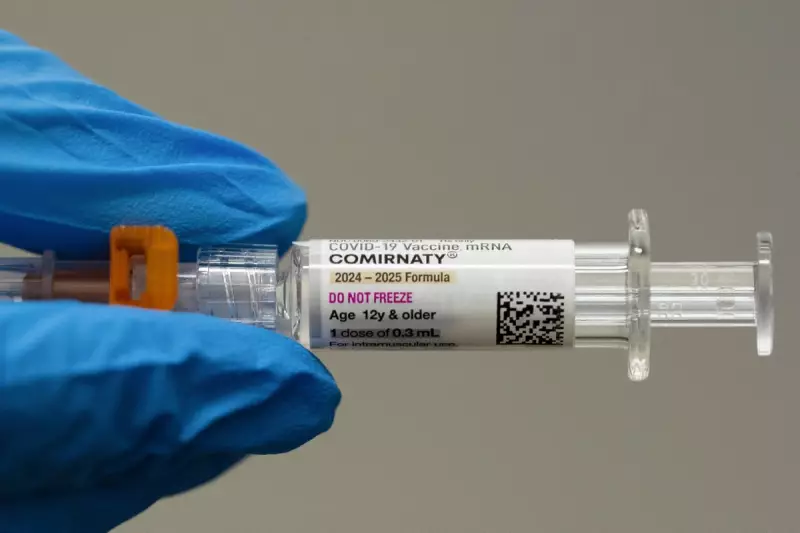
Groundbreaking research from the UK has uncovered a disturbing consequence of COVID-19 infection: the virus dramatically accelerates ageing in women's blood vessels, effectively making their vascular systems 20 years older.
The Alarming Discovery
Scientists at the University of Manchester made the startling finding that COVID-19 causes significant damage to the circulatory system in women. The study reveals that the virus attacks the lining of blood vessels, leading to impaired function that typically wouldn't occur until much later in life.
Research Methodology
The comprehensive study examined 32 women who had been hospitalised with COVID-19. Using advanced ultrasound technology, researchers measured blood flow in their arteries and compared the results with both healthy controls and historical data on vascular ageing.
Key Findings
- Post-COVID women showed vascular function equivalent to women 20 years older
- Significant impairment in endothelial function (the inner lining of blood vessels)
- Reduced ability of arteries to dilate properly
- Increased stiffness in blood vessels
- Higher risk of developing cardiovascular diseases long-term
Long-Term Health Implications
Professor Grainne Gorman, lead researcher, emphasised the seriousness of these findings: "We're seeing damage that normally takes decades to develop. This suggests COVID survivors may face increased risks of hypertension, heart attacks, and strokes much earlier in life."
Why Women Are Particularly Affected
While COVID-19 affects both genders, the study specifically highlights women's vulnerability to vascular damage. Researchers believe hormonal factors and immune response differences may contribute to this gender-specific impact.
Broader Implications for Public Health
This research adds to growing evidence that COVID-19 has long-lasting health consequences beyond the initial infection. Healthcare providers are urged to monitor recovered patients for cardiovascular issues and consider preventive treatments.
The study underscores the importance of continued research into COVID-19's long-term effects and the development of targeted interventions to address vascular damage in survivors.





